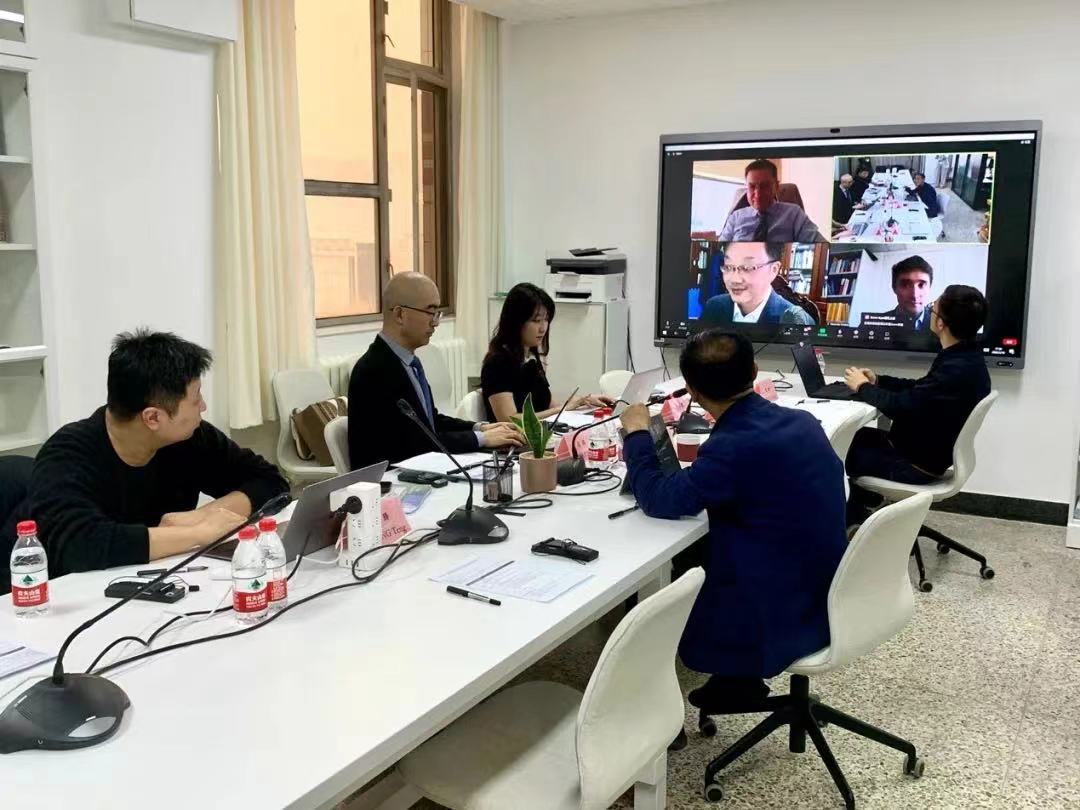
The Institute for AI International Governance (I-AIIG) of Tsinghua University and the Technical University of Munich (TUM) have cooperated to address the prospects and challenges of autonomous driving legislation in China and Germany, according to a workshop held on March 10, 2022. The event was moderated by LIANG Zheng, vice dean of I-AIIG.
Germany has adopted the Act on Autonomous Driving, which has come into force in May, 2021. Along with the definition and requirements of level 4 autonomous driving, the Act has established three further definitions that are relevant, including technical oversight, risk minimal state, accident management.
“Autonomous driving regulation need not only to establish clear lines of liability, but also to address the regulatory challenges—for example, whether the function can be used at airports or ports,” said Alexander KRIEBITZ, research associate at TUM. “It is also necessary to consider whether the technical equipment meets the requirements and whether there is a stable network system to reduce risks.”
Considering the technological approach in autonomous driving, the most convincing reason for autonomous driving technology is that autonomous vehicles can share and coordinate data with other vehicles around them and the road infrastructure.
Regarding this, ZHENG Ge, from KoGuan School of Law at Shanghai Jiaotong University, believes that much of the data collected and processed by autonomous vehicles to achieve their functions is not personal sensitive information, or even not personal information. “To ensure its safety, reliability, and high performance, autonomous vehicles need not only access to a large amount of data, but also data sharing.”
In the past years, China has enacted a number of data related regulations, all of these laws are presumably applicable to data generated by autonomous driving. However, these laws failed to take the particular data environment of autonomous driving into consideration, setting up rigid standards for data-collection, and totally lacking rules for data-sharing. “Therefore, the rule of law in data is a prerequisite for self-driving cars to hit the road.”, ZHENG added.
In legislation, it is necessary to define the subjects and their legal liabilities and ensure the consistency of these concepts in different laws. Possible subjects of autonomous driving legal liability are driver, system developer, controller,owner, manufacturer and seller, which may result in different types of tort liability.
LIU Xuewei, senior manager for government relations at Meituan, pointed out that what really matters for autonomous driving regulation is to identify who bears the primary responsibility for vehicle safety, as presence or absence of a driver only changes the form of the vehicle’s hardware.
One other fact that cannot be ignored is that the inevitable growth of the artificial intelligence role in decision-making on the roads rests on organizational and legal barriers and regulations. “ The two ends of the balance are public governance readiness and tech-businesses wishes, but the former lag behind the other.”, said Sergey Kamolov, associate professor at Moscow State Institute of International Relations.
“An industry needs standards to better reflect compliance,” said CHEN Xin, executive director data and AI governance and industry digitization lead at Huawei. CHEN hopes that the good communication channels can be established not only within the industry, but also with the public. “ Businesses can achieve better development and implement best practices, as well as build standards and even improve internal corporate governance.”, he added.